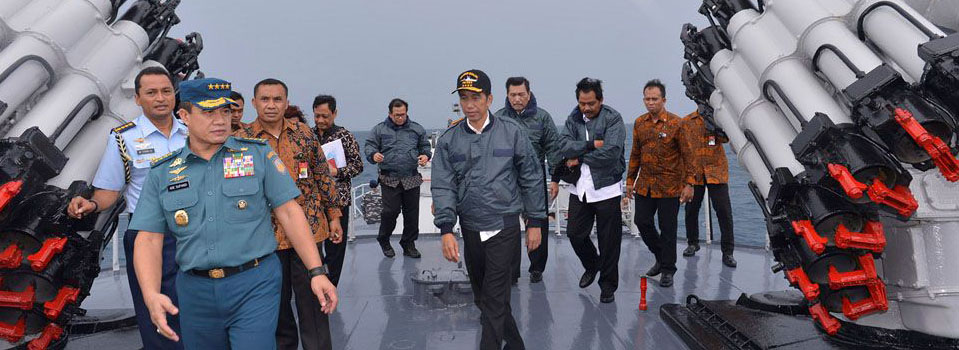Washington’s public relations drive fails to stop Muslim anti-US sentiment hitting rock bottom worldwide, expert panel says
There is a growing tide of hatred against America in the Muslim world and the United States is not doing enough to fight it.
That is the view of a panel of experts, which found that despite the ‘shocking’ levels of hostility, the US State Department has barely a handful of fluent Arabic speakers to get its views across.
And despite the millions of dollars pumped into a TV ad campaign last year to show a Muslim-friendly America, the US continues to lose friends.
In Jordan, 1 per cent of its people had a favourable view of the US in 2003, compared with 25 per cent last year.
In Indonesia, only 15 per cent viewed the US favourably, down from 61 per cent last year.
In Saudi Arabia, only 7 per cent had a positive view of the US.
‘Hostility towards America has reached shocking levels,’ the 13-member panel stated in its report released on Wednesday.
‘What is required is not merely tactical adaptation but strategic, and radical, transformation.’
The report, titled Changing Minds, Winning Peace, said there is a pressing need for action as extremism is becoming an increasingly powerful force.
It issued an 18-point set of proposals, including more funding for public diplomacy.
This includes more money to hire Arabic speakers and the appointment of an ‘information czar’ to coordinate the public relations battle to explain US policies better and to improve links with Arabs and Muslims.
But the panel cautioned that ‘spin and manipulative public relations and propaganda are not the answer’.
‘Surveys indicate that much of the resentment towards America stems from real conflicts and displeasure with policies, including those involving the Palestinian-Israeli conflict and Iraq,’ said the report.
The panel, comprising academics, diplomats and writers, was appointed by the Bush administration. It included several Arabs and Muslims, and was led by Mr Edward Djerejian, a former US ambassador to Israel and Syria.
In an interview with The New York Times, Mr Djerejian noted the power of Arab satellite television, and the absence of US views there.
He said he was struck by a recent panel discussion on Al Arabiya television about the ‘Americanisation’ – code word for corruption – of Islam.
‘It was their version of our saying that extremists have hijacked Islam,’ he said.
‘But during that whole two-hour programme, there wasn’t one person who could in any way convey the American context.’
He said too that the US ‘cannot and should not simply change its policies to suit public opinion abroad’.
In Indonesia, Muslims remain unconvinced that the panel’s proposals would help mend the US image.
Mr Zaki Mansoer, the director of a monthly Muslim magazine Panjimas, told The Straits Times: ‘Having the media air programmes that show Muslims living peacefully in the US means nothing to Muslims around the world.
‘If the US wants to improve its image, it must show us that it is even-handed on the Palestinian issue.
‘Nothing less than a fundamental change in its policy will bring that about.’
Key points in the report
FUNDING WOES
The US spent more than US$1 billion (S$1.74 billion) last year on public diplomacy programmes but the share for the Arab and Muslim world came to just US$25 million. That sum plus another US$100 million to expand economic aid to Arab countries amounts to just three-tenths of a per cent of the Pentagon’s budget.
RIGHT VOICES
The State Department should hire 300 fluent Arabic speakers within two years, and 300 more by 2008.
Now, it has only 54 officials with a reasonable level of fluency and only a few are willing to take part in discussions on Arab media. ‘Often, we are not even present for the debate,’ the report said.
CLEARER FOCUS
Radio Sawa, the US government broadcast operation tailored for Arab listeners, needs a ‘clearer objective than building a large audience’.
YOUTH OUTREACH
US government should increase the number of scholarships to students from the Muslim world. The figure is now 900, versus 20,000 in 1980.
MORE BOOKS
The best American books on education should be translated into local Arabic languages and made available to libraries, American studies centres and universities.
INFORMATION CZAR
The report called for a White House office to manage strategic direction and coordination of public diplomacy, defined as promoting the national interest by informing, engaging and influencing people around the world.

